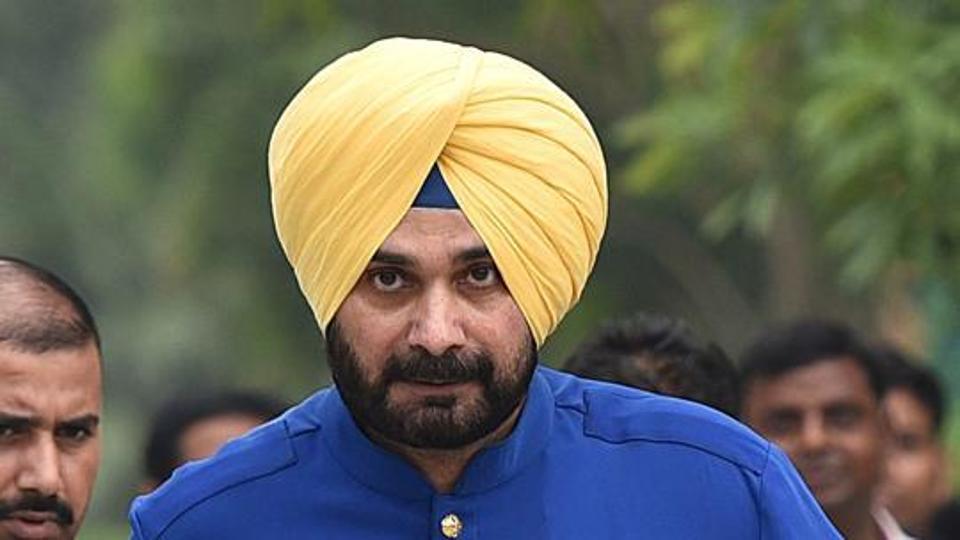
Navjot Sidhu surrenders in a Patiala court in 1988 road rage case

Congress leader Navjot Singh Sidhu surrendered in a court in Punjab’s Patiala on Friday (May 20), a day after the Supreme Court sentenced him to one-year rigorous imprisonment in a 1988 road-rage case.
Citing health issues, Sidhu had earlier sought a few weeks’ time from the court to surrender.
Reports said while Justice AM Khanwilkar had asked Sidhu’s counsel Abhishek Manu Singhvi to approach Chief Justice NV Ramana with the request, the same could not be mentioned.
The cricketer-turned-politician, accompanied by some party leaders including Navtej Singh Cheema, reached the district court, which is close to his house in the afternoon.
Cheema drove Sidhu to the court in an SUV. On Friday morning, a few supporters had turned up at the residence of Sidhu.
Also read: Road rage case: Navjot Singh Sidhu seeks time in SC to surrender
Patiala District Congress Committee president Narinder Pal Lali, in a message to party supporters Thursday night, had said Sidhu would reach the court at 10 am. He had urged them to reach the court complex around 9.30 am.
Sidhu’s wife Navjot Kaur Sidhu had reached the Patiala residence on Thursday night.
The Supreme Court had on Thursday sentenced Sidhu to one-year rigorous imprisonment in the road-rage case, saying any undue sympathy in imposing an inadequate sentence would do more harm to the justice system and undermine the public confidence in the efficacy of law.
After the SC verdict, Sidhu had tweeted he “will submit to the majesty of the law.”
A 65-year-old man had died in the road rage incident. On December 27, 1988, Sidhu engaged in a verbal duel with Gurnam Singh, a resident of Patiala, over a parking spot. Sidhu and his friend, Rupinder Singh Sandhu, allegedly dragged Gurnam Singh out of his car and hit him. He later died in hospital. Sidhu was accused by an eyewitness of hitting Gurnam Singh on the head.
in 2018, the Supreme Court ordered Sidhu to pay a fine of ₹ 1,000 rupees for voluntarily hurting a person. Later, the apex court reviewed its own order and sentenced him to one-year in jai, arguing that “some aggravated culpability” must be attached if a person dies.
“In addition to the fine imposed, we consider it appropriate to impose a sentence of imprisonment for a period of one year rigorous imprisonment,” the Supreme Court said.
Earlier, in 1999, a local court in Patiala had acquitted him for lack of evidence, but was convicted of culpable homicide by the High Court in 2006 and sentenced to three years in jail.
Sidhu had then approached the Supreme Court, which dismissed the case with a fine, arguing that the case was over three decades old and the former cricketer had not used a weapon.
(With inputs from agencies)

